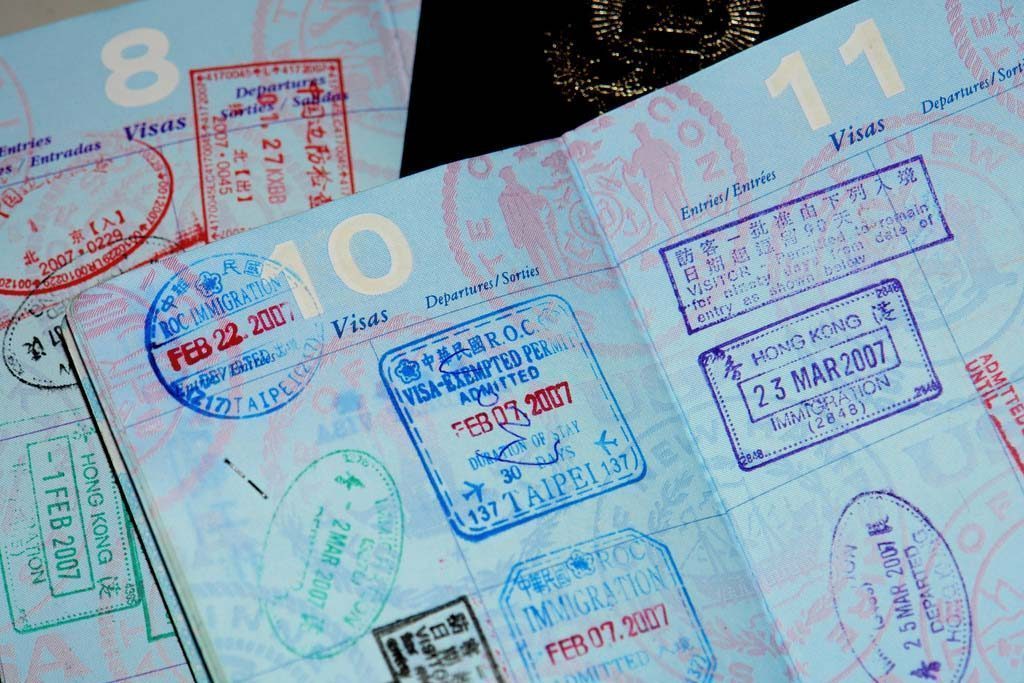
Qatar’s national carrier has signed a deal with Interpol to increase security by screening passenger passports against the world police body’s lost and stolen documents database.
Since March, Qatar Airways and Air Arabia have been conducting a test run with Interpol to help authorities identify criminals traveling with fake documents.

Under the new system, neither airline gains direct access to Interpol’s database of some 43 million lost/stolen passports from 168 countries, but can enter searches through a program called I-Checkit. The system is also being tested with travel, hotel and banking partners.
Personal information would not be disclosed to companies, but the system would flag passports if there was any concerns, and there is a procedure to refer passengers to the authorities.
In a statement, Qatar Airways CEO Akbar Al Baker said:
“Qatar Airways is proud to become the first international full-service airline to join the INTERPOL I-Checkit programme. We have always placed great importance on the safety and security of our passengers, in addition to offering them an unrivaled service experience.
We viewed INTERPOL’s I-Checkit as an opportunity to further enhance our stringent safety and security measures and are actively working with the Organization to implement the system. Qatar Airways is committed to remaining at the forefront of such Industry initiatives and joining I-Checkit is a reaffirmation of that commitment.”
Previously, private sector companies did not have access to Interpol’s database, which is typically used by police in different countries to search for lost or stolen passports.
Concerns
The move has been greeted with trepidation by some. In March, International Air Transport Association Director General Tony Tyler said airlines would be reluctant to check Interpol’s database. Speaking to Reuters, he said:
“It is not a job for airlines, it is a job for governments. It is up to governments to control borders. If there is a problem with border control and invalid passports that is an issue which governments have to step up to and address.”
But Interpol has responded to the criticism by bringing up the case of two Iranian men who boarded Malaysia Airlines flight MH370 using stolen passports. The plane, which had 239 people on board, mysteriously disappeared seven months ago.
In a statement, Interpol Secretary General Ronald K. Noble said:
“After years of waiting for more governments to take the necessary steps to protect their citizens and visitors from individuals using stolen passports to cross borders, I-Checkit has become a vital tool to engage the private sector in the global fight against transnational crime and terrorism.”
Speaking to the New York Times, he added:
“It’s important because of the gap that still exists concerning the over billion times a year people pass borders without having their passports checked against the Interpol database.”
The newspaper also reports that the police body is mulling to profit from the new partnerships by charging airlines and other partners a fee of a few cents per passenger to check the database – resulting in millions of dollars in revenue.
Thoughts?







